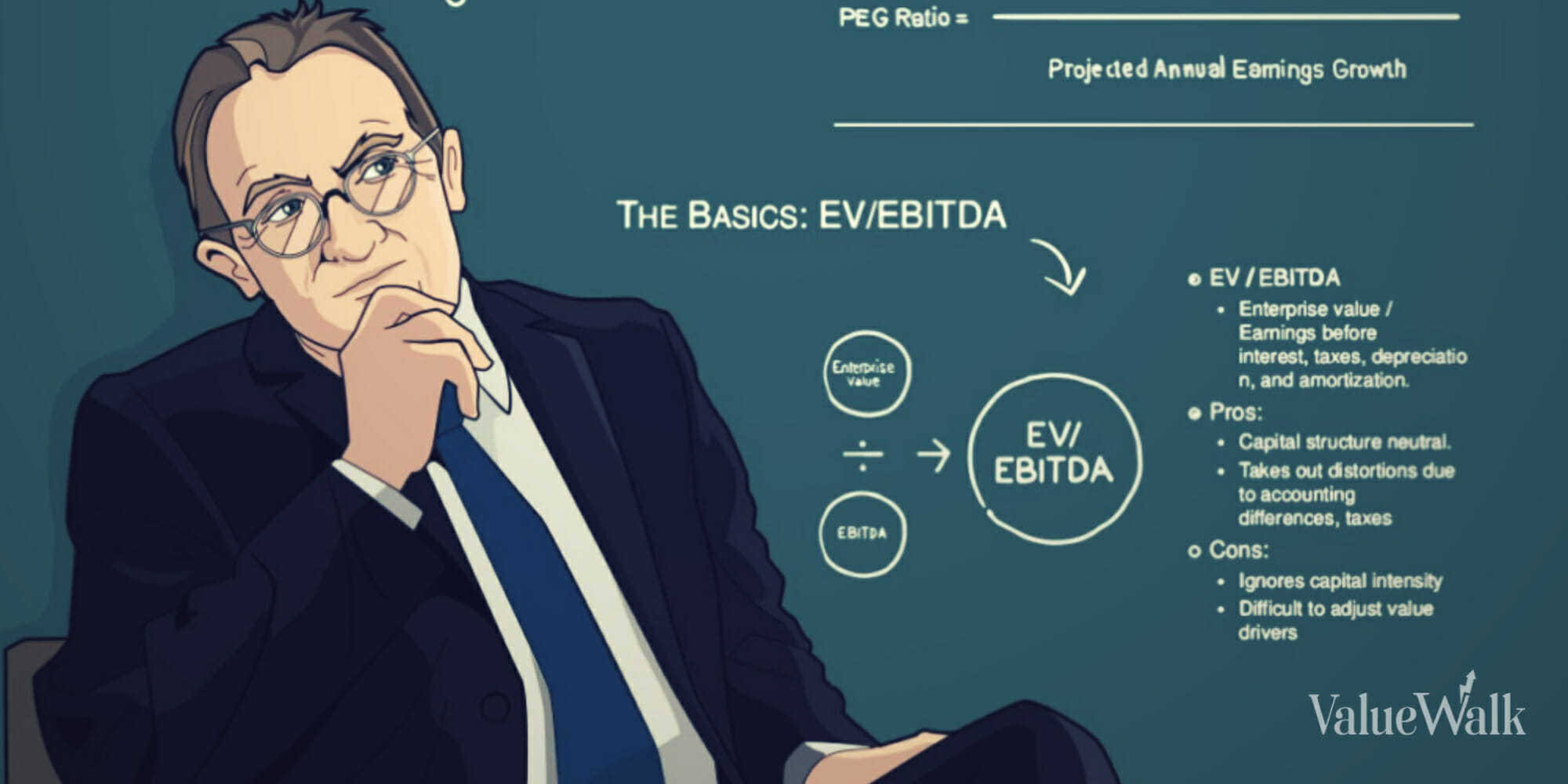Howard Marks, the legendary credit investor and Oaktree Capital Management co-founder, has historically taken a humble approach to investing: the macro future is essentially unknowable, so active investors should focus on the small-picture things where they can gain an informational advantage. Here’s how he put it in his 2011 book The Most Important Thing:
Q3 2023 hedge fund letters, conferences and more

I’m firmly convinced that (a) it’s hard to know what the macro future holds and (b) few people possess superior knowledge of these matters that can regularly be turned into an investing advantage.
Which is why I was so surprised — and initially disappointed — to see him put out a pair of essays recently that seemed to traffic in the sort of sweepy macro soothsaying that he’s long criticized. The essays — “Sea Change” and “Further Thoughts on Sea Change” — make splashy predictions about the slowing or reversal of globalization and the knock-on effects in the form of enduring inflationary pressures and, ultimately, higher interest rates. Here’s a brief bullet point summary of the two memos (which you can read in full here and here.)
- The Fed kept interest rates ultra-low for the better part of the decade after the financial crisis, and it was happy to leave them there as long as inflation didn’t materialize.
- Businesses got used to easy money; bonds and credit in all their forms underperformed; and equities and property did very well due to cheap funding and low discount rates.
- But now, everyone has realized that inflation is still a threat, so we shouldn’t expect the coming years to feature 2009-2022 interest-rate levels. Expect rates in the 2%-4% range, instead of 0%-2%.
- On balance, credit offers a better risk-reward than equities in that environment.
There’s clearly a bit to politely criticize here. Marks is indeed casting himself as the sort of macro fortune teller that he’s long told us didn’t exist (even if he’s at least self-aware about it), and he’s using those same macro forecasts to arrive at a somewhat self-serving conclusion (that credit markets — his firm’s area of expertise — are likely to be among the biggest beneficiaries.) But ultimately, I think Marks captures the nuance of a complex situation better than some of his contemporaries.
Read the full article here by Jonathan Levin of Bloomberg News, Advisor Perspectives
